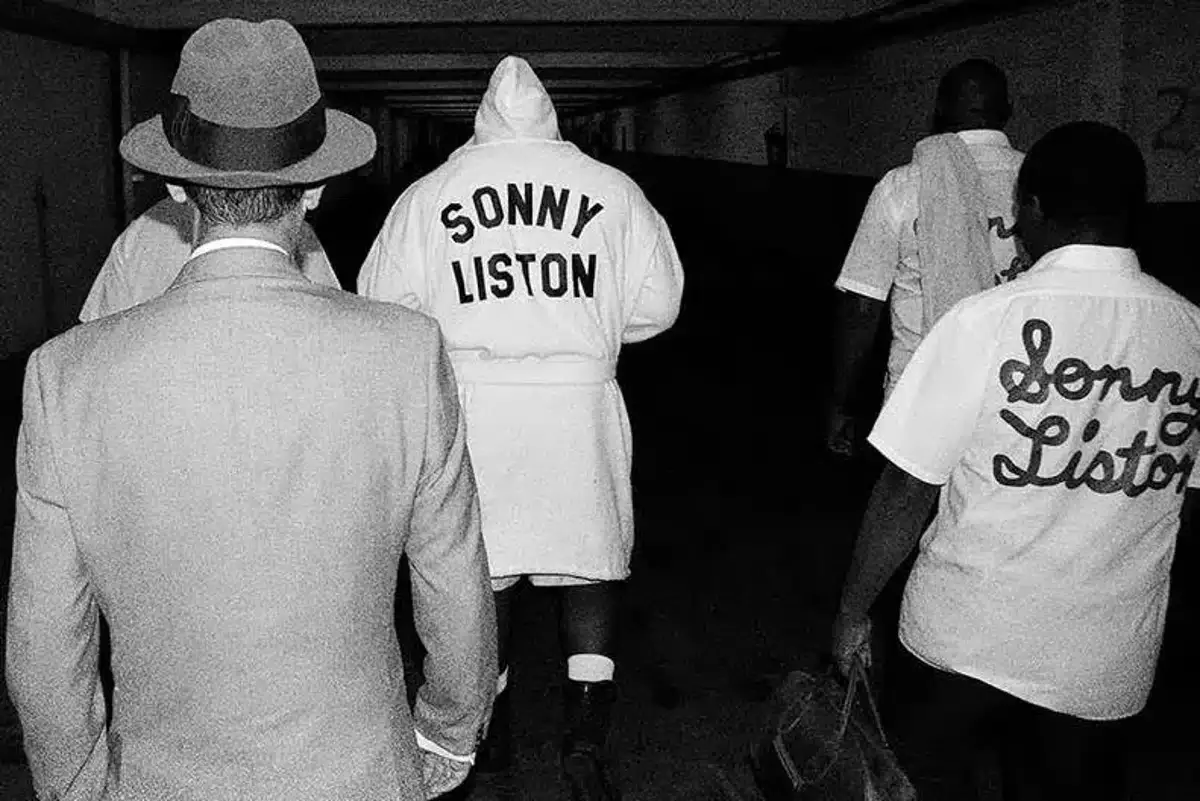Boxing has always possessed a unique ability to encapsulate the spectrum of the human experience: triumph, struggle, fame, and failure. Among the most enigmatic figures in the sport’s history is Sonny Liston, a heavyweight champion whose life journey was marred by controversy, misunderstandings, and an ongoing struggle for respect. While skill in the ring earned him the title, the circumstances of his life outside it reveal a tale of resilience, prejudice, and a continually flawed relationship with law enforcement.
Sonny Liston’s rise to fame was meteoric; however, his fall came swiftly and dramatically. The year 1964 marked a turning point that would profoundly affect his life—losing his heavyweight crown to an audacious young fighter known as Cassius Clay, who would later adopt the name Muhammad Ali. This defeat was not just a loss in the ring; it carried ramifications that extended into Liston’s personal life, shaping how he was perceived by the media, the public, and law enforcement.
By Christmas of that year, Liston found himself entangled once more with the police, an all-too-familiar predicament for the former champion. The circumstances surrounding his arrest on Christmas Day in Denver paint a troubling portrait of a man at odds with the world. Reports indicate that Liston exhibited erratic behavior, leading to a confrontation with law enforcement that escalated rapidly. It’s striking to contemplate how a single individual could necessitate the involvement of ten police officers—a reflection not just of Liston’s physical stature but perhaps of the societal tensions of the era.
The Arrest and Its Implications
Upon his arrest, Liston initially admitted to having only one beer. The narrative shifted once he was taken to the station, where his admissions transformed into claims of having consumed “maybe six to eight beers… and some tasty liquor.” This shift raises an important question: was the reality of Liston’s situation exaggerated to fit a preconceived narrative about him? Law enforcement often treated Liston with an austere hostility that seemed almost pathological, influenced by the societal perceptions of race and celebrity.
Moreover, Liston’s interaction with police on that fateful Christmas exposes a larger issue often overlooked: the way figures like Liston were portrayed in the media and how societal perceptions shaped their public image. In a time fraught with racial tension, Liston’s identity as a Black man and potential ‘bad guy’ was easily exaggerated. The very same media that once portrayed him as a fearsome champion became a part of the machinery that worked against him when he stumbled.
One of the most poignant aspects of Liston’s downfall was the unexpected support he received from Muhammad Ali. Remarkably, Ali characterized Liston’s situation as pitiful, arguing that he was unjustly made an example of by the police. There was an admission, albeit unintentional, of kinship formed through their shared backgrounds and experiences. This intersection of their paths illustrates the complexity of relationships within the boxing world—a realm where rivalries can exist alongside acts of solidarity. Yet, this solidarity was fleeting in an era marked by aggression and stigma, leaving Liston effectively isolated.
Reflecting on Perception and Legacy
Sadly, Liston’s narrative did not conclude with the Christmas Day incident. His life continued to spiral, culminating in his mysterious death in late 1970. Officially recorded as being just 38 years old, Liston’s untimely demise only added to the mystique that surrounded him—a crown jewel and tragic figure forever at odds with the very society he entertained.
Despite his struggles, those closest to him recalled the man beyond the fighter: his intelligence, humor, generosity, and love for children. However, the society at large preferred to remember him as the ‘bad guy’ that fit into the predictable boxing narrative—one where the antagonistic character remains eternally embroiled in tragedy. This has led to a legacy riddled with misunderstanding, overshadowing Liston’s humanity.
Sonny Liston remains one of the most complex figures in boxing history, a champion forever mischaracterized. As we look back on his life, it’s essential to unravel the distorted lens through which the world viewed him—a lens colored by race, fear, and misunderstanding. His story serves as a reminder of the often stark divergence between an individual’s personal reality and society’s perception. Celebrating Liston for his contributions to boxing, while simultaneously recognizing the prejudice he faced, grants a fuller understanding of both the man and the champion he was.

